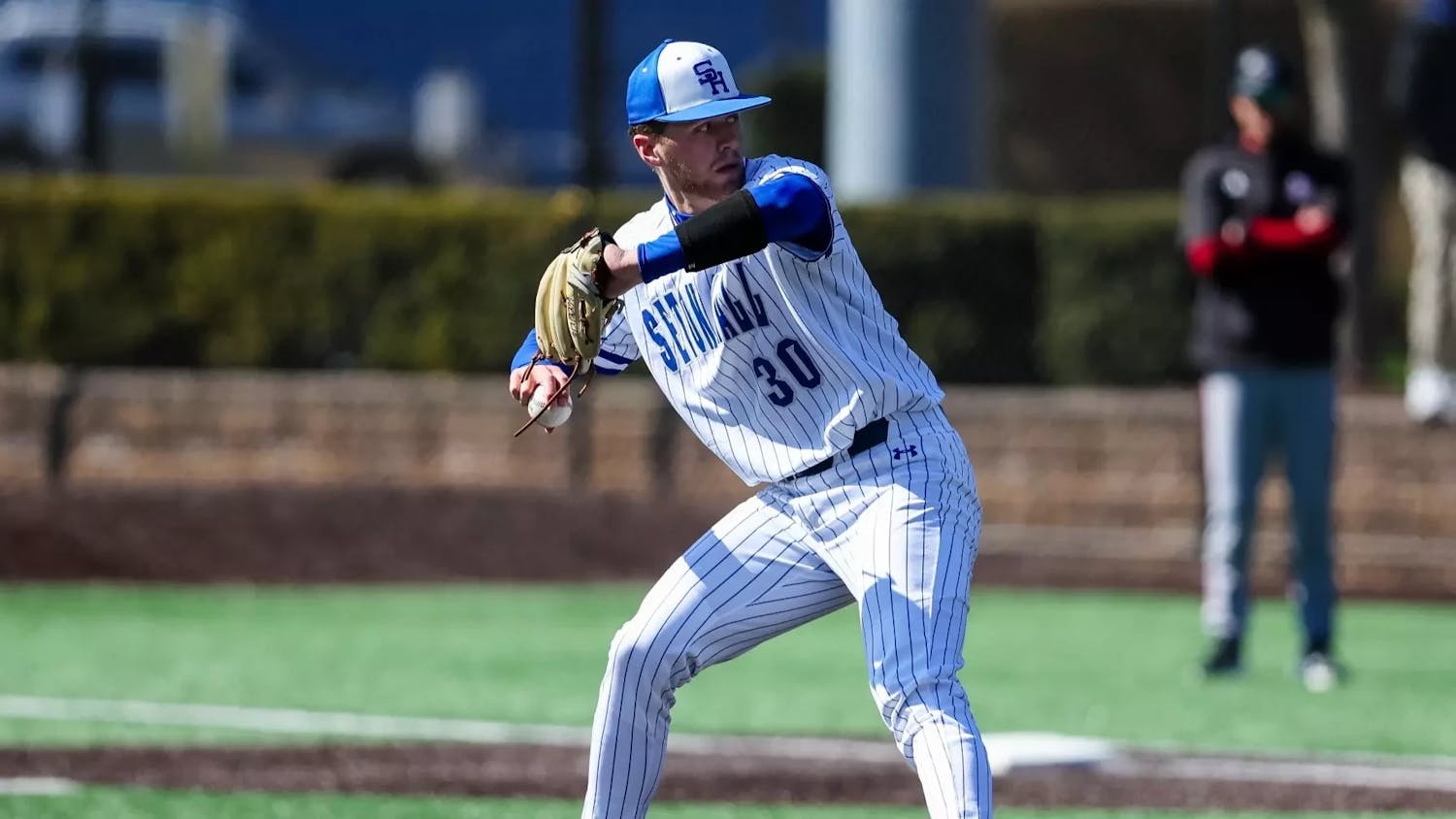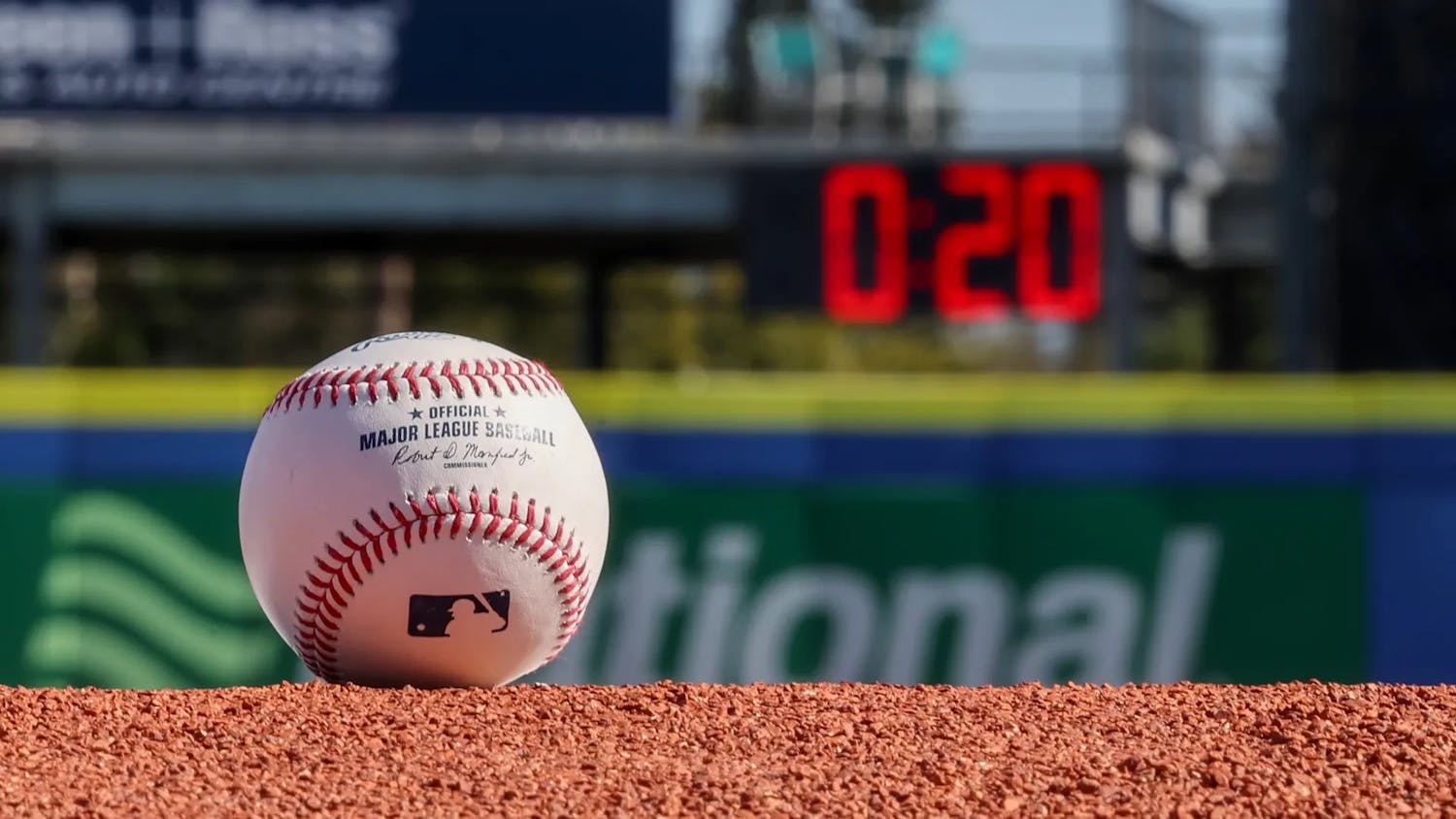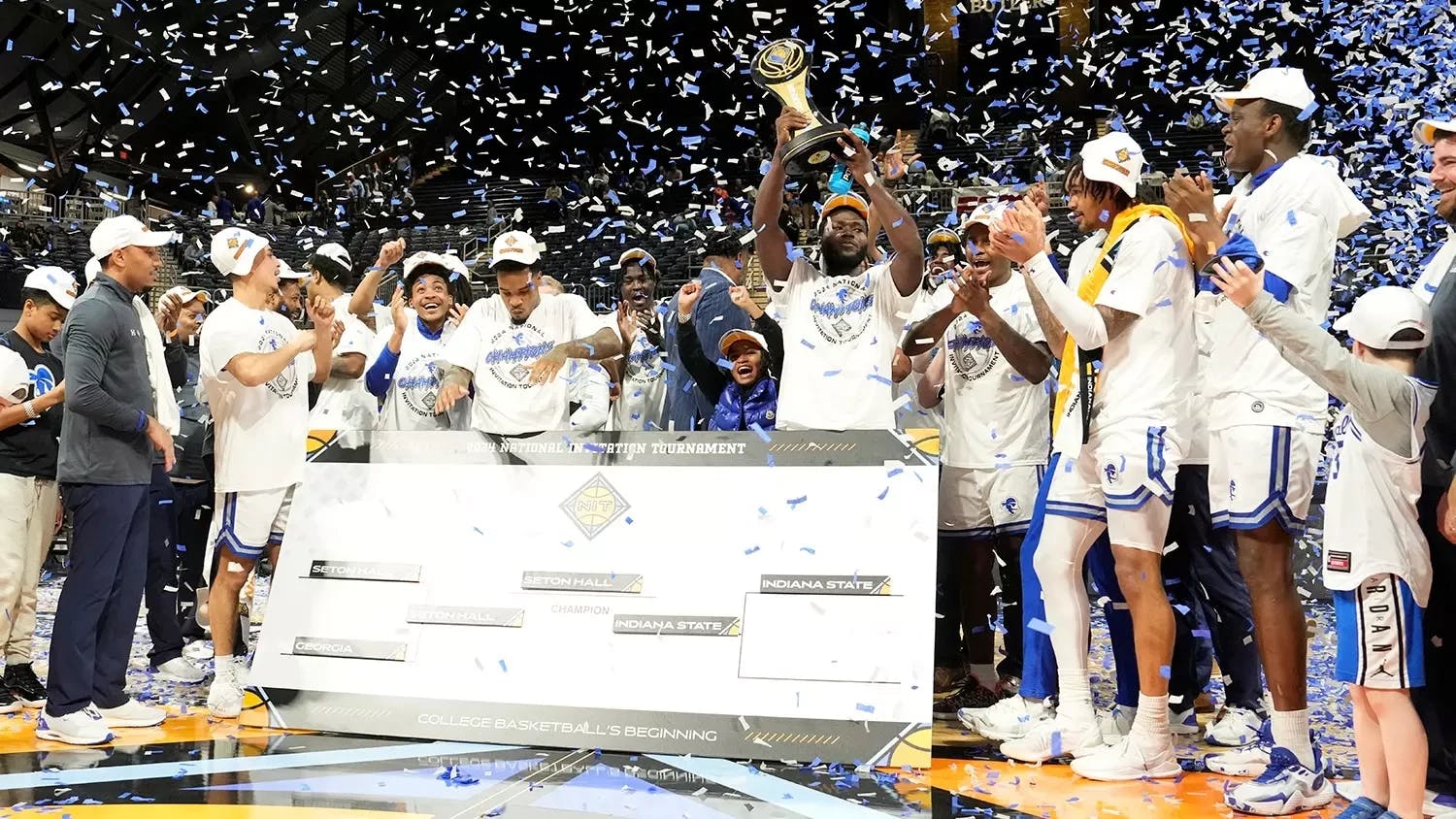In today’s sports universe, there should be no such thing as a “hometown discount.”
This past week, a report by Clarence E. Hill Jr. of the Fort Worth Star-Telegram stated that ex-Seahawks safety Earl Thomas would not give his hometown Dallas Cowboys a break when it came to money. The 29-year-old, according to Hill, Jr. is attempting to supersede Eric Berry as the highest-paid safety in the league.
Thomas’ situation is the perfect example of what players need to do in the modern era – know his or her worth and not back down.Hometown discounts are a cheap ploy and tactic implemented by general managers and owners to get players to back down on his or her value.

In a time of salary cap restrictions, general managers and owners do, rightfully, have the due opportunity to negotiate with players in free agency windows. The salary cap strictly puts a limit on what teams can do in terms of personnel, so negotiating in this sense is ethical.
Baseball is an interesting case in this regard. With no salary cap, it lends itself to more money being thrown around by the higher-tiered franchises, like the New York Yankees, Philadelphia Phillies, Los Angeles Dodgers and Boston Red Sox, among others.
However, in today’s game, do you see hometown discounts given by baseball teams to free agent targets. One of the more recent examples of this case is Dustin Pedroia, who signed an 8-year, $110 million contract extension with Boston in the summer of 2013.
This contract, although at a staggering pricetag for an everyday player, was low given Pedroia’s market value at the time. The All-Star and three-time champion second baseman could have gone for a lot more on the open market, especially as a 29-year-old, much like Thomas.
Instead, Pedroia decided to give Boston a break and sign for less. Even then Pedroia is not even a Massachusetts native, as he was born in Woodland, Calif., Pedroia elected to take the home-grown route and give Boston a break in terms of money so it could keep the World Series window open.
Pedroia, much like Thomas, did not have to do this. In terms of baseball, he is an anomaly. Mike Trout, when he hits free agency, is ready to surpass Bryce Harper’s 13-year, $330 million record contract. When the Philadelphia Phillies, if they still have the money after Harper, come knocking, Trout is not and should not be expected to take any sort of discount for the Phillies
It all comes down to players, especially in his prime, getting a fair shake on contracts. The respective player’s associations fight every half-decade or so for a better bargaining agreement, so it is no secret that the groups want what is best for their clients. The player’s associations, the agents, and the players themselves are in no place to take less money due to location. If his worth is not being met, then it is simply time to move on.
Athletes are ultimately people, too, with families to provide for. Pedroia’s $110 million contract or Thomas’ eventual $80 million or more contracts are nothing to scoff at for anyone in the working world, but they are still what the players are worth, if not more. In their primes, it is important for the players to understand the once-and-a-lifetime opportunity that stands in front of them. Granted, for some players it is not all about the money, but the stigma surrounding players returning home for less money must end once and for all amongst team management and fans.
Kevin Kopf can be reached at kevin.kopf@student.shu.edu or on Twitter @KMKTNF.





